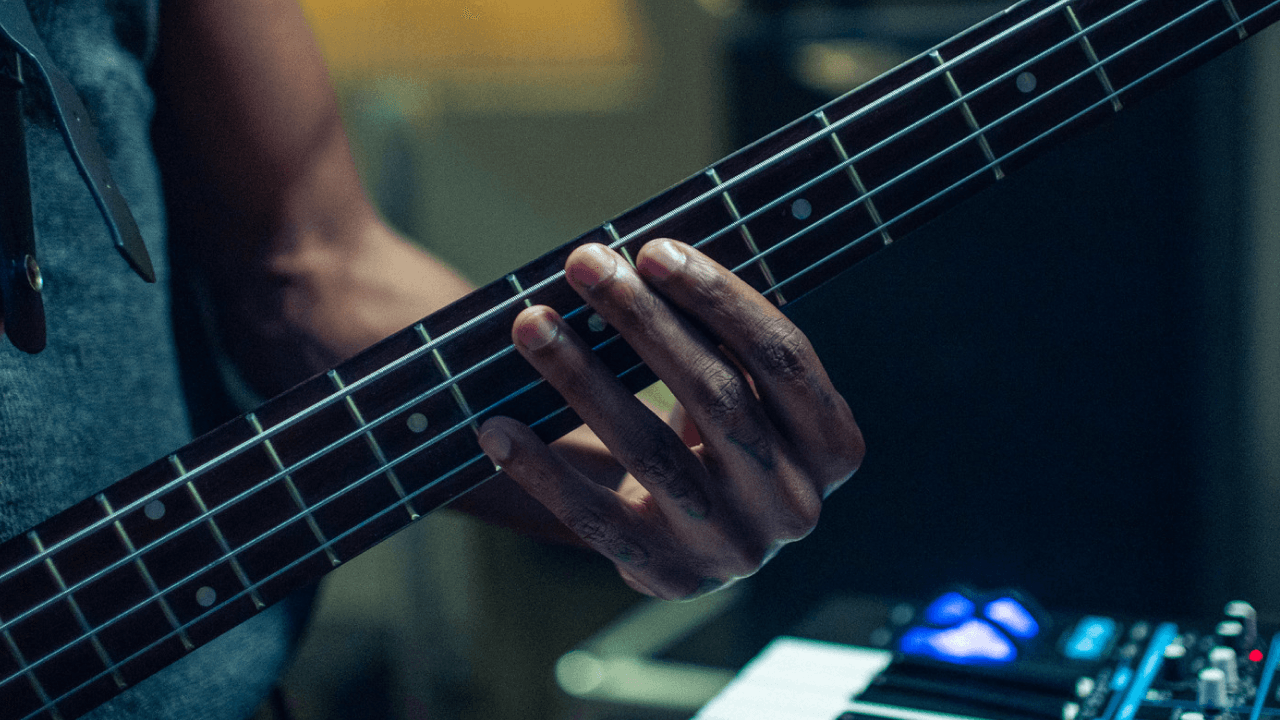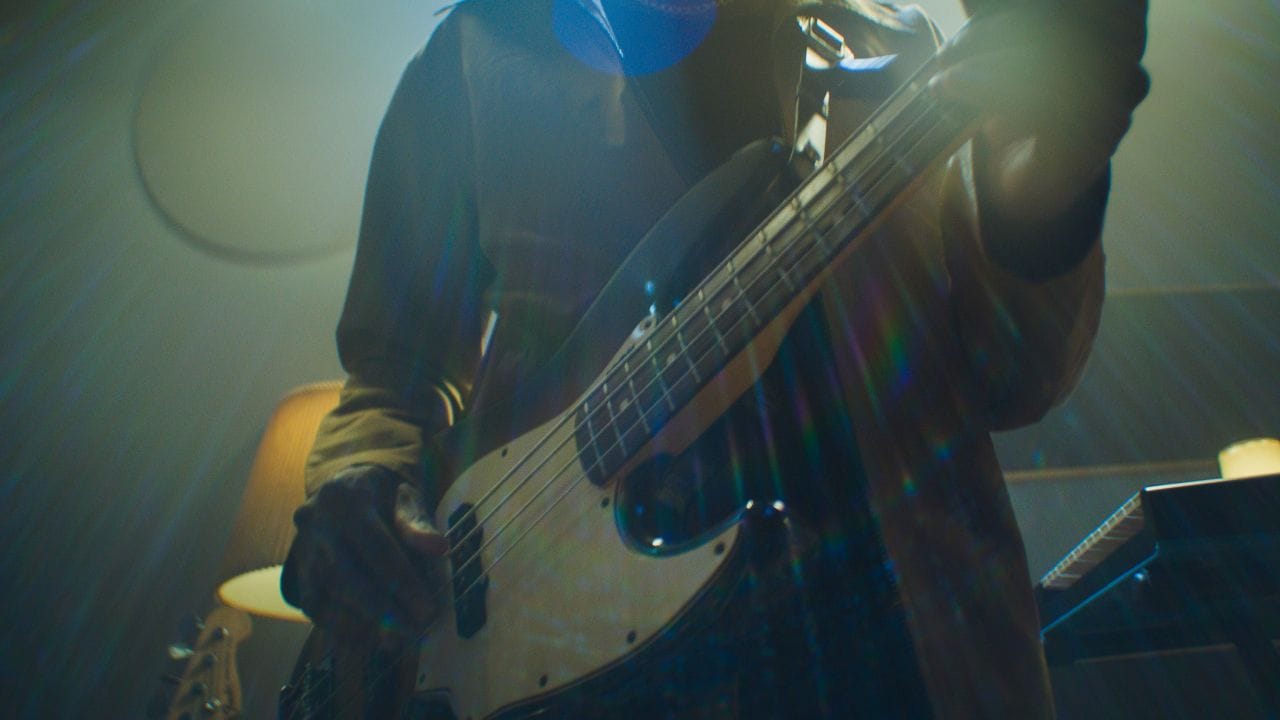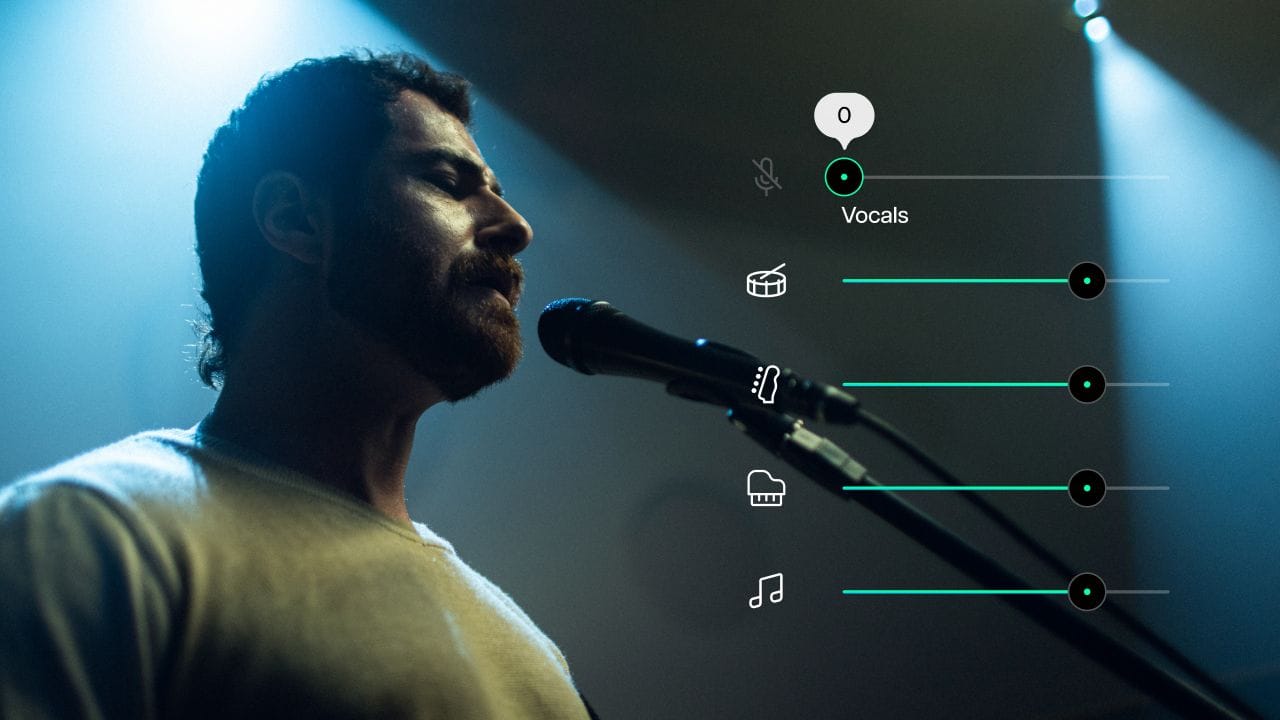The pressures of the music industry go far beyond the stage. Unstable income, exhausting tours, and relentless media attention create an environment where stress and anxiety are widespread. As a result, mental health in the music industry is a serious concern, affecting countless artists who struggle to keep up with its ever-evolving demands. Music itself can be both a refuge and a source of pressure—offering an emotional outlet while demanding constant vulnerability and reinvention. This paradox leaves many artists struggling to balance their passion with their well-being. Below, we explore the industry’s hidden struggles and offer strategies to help artists protect their mental health in a high-pressure environment.
The unique pressures of the music industry
The music industry is unpredictable by nature. Between financial instability, the pressure to perform, and the constant need to stay relevant, musicians face unique challenges that go beyond the demands of most careers.
Unstable income and career uncertainty
For many musicians, financial instability is the biggest source of stress. A 2019 study by Record Union found that 73% of independent artists experience symptoms of mental illness, with financial insecurity being a primary trigger.
Unlike those who work traditional jobs, career musicians rely on inconsistent income streams such as touring, streaming royalties, and freelance gigs that offer little financial security. Independent artists must also manage their own bookings, marketing, and production costs, often working long hours with no guarantee of stable earnings.
The uncertainty of when the next paycheck will arrive can lead to chronic financial stress, forcing many to take on additional jobs just to stay afloat.
Performance anxiety and creative pressure
Music is deeply personal, and every release, performance, or collaboration carries expectations. The pressure to create and perform at a high level can lead to self-doubt and perfectionism, making it difficult for artists to trust their instincts.
Live performances, in particular, bring immense scrutiny. Mistakes feel magnified under the spotlight, and the fear of failure can be paralyzing.
Outside the stage, the industry’s constant demand for new material leaves little room for creative recovery. Many artists find themselves stuck in a cycle of producing, promoting, and performing, with no time to recharge—draining both their passion and mental well-being.
The double-edged sword of fame
Success in music often comes with public recognition, but fame is a double-edged sword. While validation from fans can be rewarding, it also brings constant attention and pressure to uphold a certain image.
Musicians are expected to stay relevant, present a carefully curated persona, and meet industry expectations, all while navigating criticism from both the media and their audience. Any deviation from this perceived identity—whether related to personal choices or artistic direction—can lead to backlash or lost opportunities.
Over time, this constant exposure can create feelings of isolation as the line between the artist’s public and private life becomes increasingly blurred.
The emotional and physical toll of touring
Touring is a crucial part of an artist’s career, but it comes with significant challenges. The combination of physical exhaustion, emotional highs and lows, and long periods away from home makes it one of the most mentally demanding aspects of the industry. The intense stress of touring can produce the following symptoms:
- Lack of routine disrupting sleep, diet, and self-care habits;
- Emotional isolation from being away from family and friends for extended periods;
- Post-show crashes caused by the intense energy of performing, followed by sudden downtime;
- Pressure to perform night after night, even when exhausted or unwell.
Social media and the pressure to stay relevant
In today’s industry, an artist’s online presence is just as important as their music. While social media provides direct access to fans, it also creates overwhelming pressure to maintain engagement - a constant demand that can negatively impact mental well-being in several ways:
- Content fatigue: Artists feel obligated to post frequently to avoid being forgotten;
- Comparison culture: Seeing highly curated versions of others’ success can lead to self-doubt and anxiety;
- Harassment and criticism: Negative comments and online scrutiny can erode confidence and mental health.
With so much emphasis on visibility, many musicians struggle to set boundaries between their personal and professional lives, making it difficult to step away from the pressure.
How these pressures affect mental health
The constant pressures of the industry don’t just create stress—they contribute to serious mental health challenges, leaving many musicians in a cycle of anxiety, depression, and exhaustion.
Anxiety, depression, and burnout
For many musicians, the combination of constant financial uncertainty, public observation, and pressure to perform at a high level can take their psychological toll, resulting in persistent anxiety, self-doubt, and the fear of career instability. Isolation, creative exhaustion, and the highs and lows of touring can lead to depression and burnout, particularly for artists who feel pressured to perform, and stay relevant without taking time to recover.
Substance abuse as a coping mechanism
The music industry has long normalized substance use, often blurring the line between recreation and escape. Many artists turn to drugs or alcohol to manage performance anxiety, ease exhaustion, or numb the pressure of constant public exposure. While some see it as a temporary relief, it can quickly spiral into addiction, worsening mental health struggles in the long run.
The stigma around mental health in the music industry
Despite growing awareness, mental health problems in the music industry are still met with hesitation. Many artists worry that opening up could make them seem unreliable, affecting opportunities for gigs, contracts, or collaborations. The fear of being perceived as "difficult" or "unstable" leads some to hide their struggles and push through exhaustion rather than seek help.
Without proper education and industry-wide support, mental health remains an individual burden rather than a shared responsibility—making it harder for musicians to access the resources they need.
How the music industry compares to other fields
With musicians up to three times more likely to experience clinical depression than the general population, it’s clear that the industry is facing a mental health crisis that needs urgent attention.
The combination of career instability and extreme emotional exposure makes this field uniquely challenging. Unlike most jobs, success in music depends not just on skill, but on personal expression—leaving artists vulnerable to criticism and self-doubt. At the same time, the very sensibility that fuels creativity also heightens psychological impact, making setbacks, financial struggles, and public scrutiny even more overwhelming.
The lack of financial security, structured work environments, and long-term career stability further amplifies this pressure, creating a high-stress atmosphere where anxiety and burnout are the norm.
Practical strategies for mental well-being
While the industry presents undeniable challenges, musicians can take proactive steps to protect their mental health and build resilience.
Setting boundaries and prioritizing rest
Overbooking and constant availability lead to burnout, while learning to say no, setting realistic schedules, and creating space for recovery—even on tour—helps maintain balance. A consistent routine, no matter how small, can provide much-needed stability in an unpredictable career.
Building a strong support system
Isolation worsens stress, but surrounding yourself with supportive peers, mentors, and friends can make a difference. Trusted connections provide perspective and encouragement, while therapy or professional counseling offers valuable tools for managing anxiety, depression, and career-related pressures.
Managing social media mindfully
Social media is a double-edged sword. Limiting exposure to negativity, avoiding constant comparisons, and curating a healthier digital space can reduce stress. Engaging intentionally—rather than compulsively—helps maintain focus on music and well-being.
Practicing mindfulness and self-care
Simple habits like meditation, exercise, and creative hobbies outside of music also help to regulate stress. Prioritizing sleep, proper nutrition, and hydration may seem basic, but they play a critical role in sustaining mental and physical health.
Seeking professional help and industry resources
Therapy is a valuable tool for navigating mental health issues, providing coping strategies tailored to personal challenges. In addition to professional counseling, organizations, support groups, and wellness apps offer guidance tailored to industry-specific challenges, making it easier to seek help without fear of stigma.
Some of the mental health resources available to musicians include:
- Backline: Connects music industry professionals with mental health care and wellness programs;
- MusiCares: Delivers financial and mental health support for musicians in need;
- Music Health Alliance: Provides healthcare advocacy and mental health support for musicians, offering financial assistance, insurance guidance, and access to wellness resources;
- Music Industry Therapist Collective (MITC): Offers therapy from professionals with firsthand industry experience;
- Sweet Relief Musicians Fund: Assists musicians facing medical and financial hardships;
- SIMS Foundation: Provides mental health and substance use recovery services for musicians, industry professionals, and their families;
- Support Act: Offers crisis relief and mental health services to musicians, managers, crew, and music workers facing hardship.
A collective effort to support musicians' well-being
The conversation around mental health in the music industry is evolving, but real change requires ongoing effort. The pressures musicians face, such as financial instability, performance anxiety, and social media scrutiny, won’t disappear overnight, but a culture that prioritizes well-being can make all the difference.
Everyone has a role to play. Artists can take steps to protect their well-being, industry professionals can foster healthier working conditions, and fans can support musicians beyond their output, recognizing them as people first. Seeking help isn’t a weakness—it’s an investment in longevity, creativity, and personal well-being.
The industry thrives on music, but music thrives on the people who create it. By acknowledging the challenges, breaking the stigma, and embracing real support systems, we can build a stronger music community—one where artists don’t have to choose between their passion and their mental health.







